Fake reviews: an industry within an industry
Amazon and Google are under investigation by UK watchdog the CMA
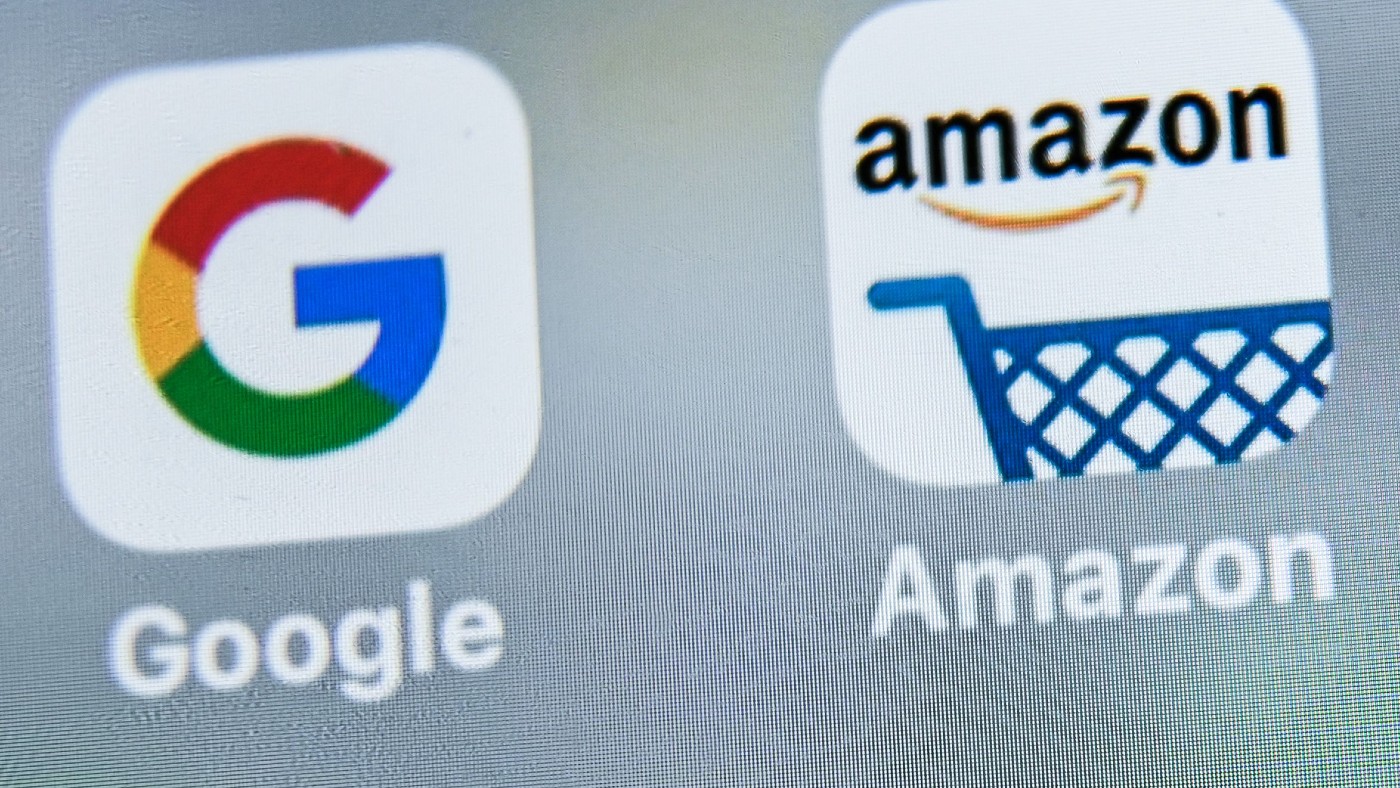
A free daily email with the biggest news stories of the day – and the best features from TheWeek.com
You are now subscribed
Your newsletter sign-up was successful
Tech giants Amazon and Google are being investigated by the UK’s competition watchdog over concerns they are not doing enough to prevent or remove fake reviews.
The Competition and Markets Authority (CMA) has opened a formal probe to determine if the two companies “may have broken consumer law by taking insufficient action to protect shoppers”.
If they are found to have broken consumer law, then the firms could face court action, the BBC reports. But in response both say they have resources and policies in place to stop fake reviews.
The Week
Escape your echo chamber. Get the facts behind the news, plus analysis from multiple perspectives.

Sign up for The Week's Free Newsletters
From our morning news briefing to a weekly Good News Newsletter, get the best of The Week delivered directly to your inbox.
From our morning news briefing to a weekly Good News Newsletter, get the best of The Week delivered directly to your inbox.
CMA chief executive Andrea Coscelli is concerned that millions of online shoppers could be “misled by reading fake reviews and then spending their money based on those recommendations”. He also says it’s “simply not fair” if some businesses can fake five-star reviews to give their products or services the most prominence, while “law-abiding businesses” lose out.
By opening its probe into Amazon and Google, the consumer champion “finally grows some teeth”, The Observer’s business leader said yesterday. “Are consumers finally getting the champion they deserve? The CMA is certainly picking bigger targets these days.”
Consumer publication Which? says the investigation is a “positive step”. Rocio Concha, who is director of policy and advocacy and chief economist at Which?, added: “We have repeatedly exposed fake reviews on websites including Amazon and Google. The CMA must now move swiftly towards establishing whether these companies have broken the law.”
‘Suspicious patterns of behaviour’
A free daily email with the biggest news stories of the day – and the best features from TheWeek.com
The CMA began looking at the issue of fake reviews on major platforms two years ago. In 2019 it told Facebook, Instagram and eBay to crack down, having found “troubling evidence” of a thriving marketplace for misleading online reviews, The Guardian reports.
An initial CMA investigation, which opened in May 2020, assessed several platforms’ internal systems and processes for identifying and dealing with fake reviews. Specific concerns have been raised as to whether Amazon and Google have been doing enough to “detect fake and misleading reviews or suspicious patterns of behaviour”.
“It’s important that these tech platforms take responsibility and we stand ready to take action if we find that they are not doing enough,” Coscelli said.
How fake reviews drive business
Sellers use fake and misleading reviews to improve their star ratings, The Guardian says. This can affect how prominently their company, and products, are displayed when consumers shop online.
In September last year an investigation by the Financial Times into suspicious activity on Amazon found that the company deleted approximately 20,000 product reviews, written by seven of its top 10 UK reviewers.
Users were “profiting from posting thousands of five-star ratings”, the FT said. Analysis suggested that nine of Amazon’s UK top 10 providers of ratings were engaged in suspicious behaviour.
According to a ReviewMeta study, 250m reviews were posted on Amazon in 2020, The Telegraph reports. And companies offering to write fake ones are “easy to find over the internet”.
A Which? investigation in February found that AMZTigers, a Germany-based company offering “review campaigns”, had a large army of reviewers: 62,000 across the world and 20,000 who are based in the UK. The company claims it will “help your products become best sellers”.
AMZTigers sell individual Amazon marketplace reviews for “around £13”, Which? said. Bulk packages start at £620 for 50 reviews going up to an “eye-watering £8,000 for 1,000 reviews”. This shows “how seriously sellers take reviews, and the investment they’re willing to make”.
How fake reviews have ‘become an industry’
Saoud Khalifah, chief executive of Fakespot, said “the scale of this fraud is amazing” and that Amazon UK has a “much higher percentage of fake reviews than the other platforms”.
According to a 2019 analysis by Fakespot as many as 60% of reviews for some popular Amazon products were false or unreliable. Churning out fake reviews on Amazon has “become an industry”, Fox Business reports.
Responding to the CMA investigation an Amazon spokesperson said the company devoted “significant resources to preventing fake or incentivised reviews from appearing in our store” and it will “continue to assist the CMA with its enquiries and we note its confirmation that no findings have been made against our business”.
Google’s policies state “reviews must be based on real experiences”, the BBC reports. Where violations are found the company “takes action” including disabling user accounts. In a statement Google said “we look forward to continuing our work with the CMA to share more on how our industry-leading technology and review teams work to help users find relevant and useful information”.
Mike Starling is the former digital features editor at The Week. He started his career in 2001 in Gloucestershire as a sports reporter and sub-editor and has held various roles as a writer and editor at news, travel and B2B publications. He has spoken at a number of sports business conferences and also worked as a consultant creating sports travel content for tourism boards. International experience includes spells living and working in Dubai, UAE; Brisbane, Australia; and Beirut, Lebanon.
-
 Political cartoons for February 15
Political cartoons for February 15Cartoons Sunday's political cartoons include political ventriloquism, Europe in the middle, and more
-
 The broken water companies failing England and Wales
The broken water companies failing England and WalesExplainer With rising bills, deteriorating river health and a lack of investment, regulators face an uphill battle to stabilise the industry
-
 A thrilling foodie city in northern Japan
A thrilling foodie city in northern JapanThe Week Recommends The food scene here is ‘unspoilt’ and ‘fun’
-
 Is the job market frozen or faltering?
Is the job market frozen or faltering?Today's Big Question Layoffs raise alarms while young workers eye law school
-
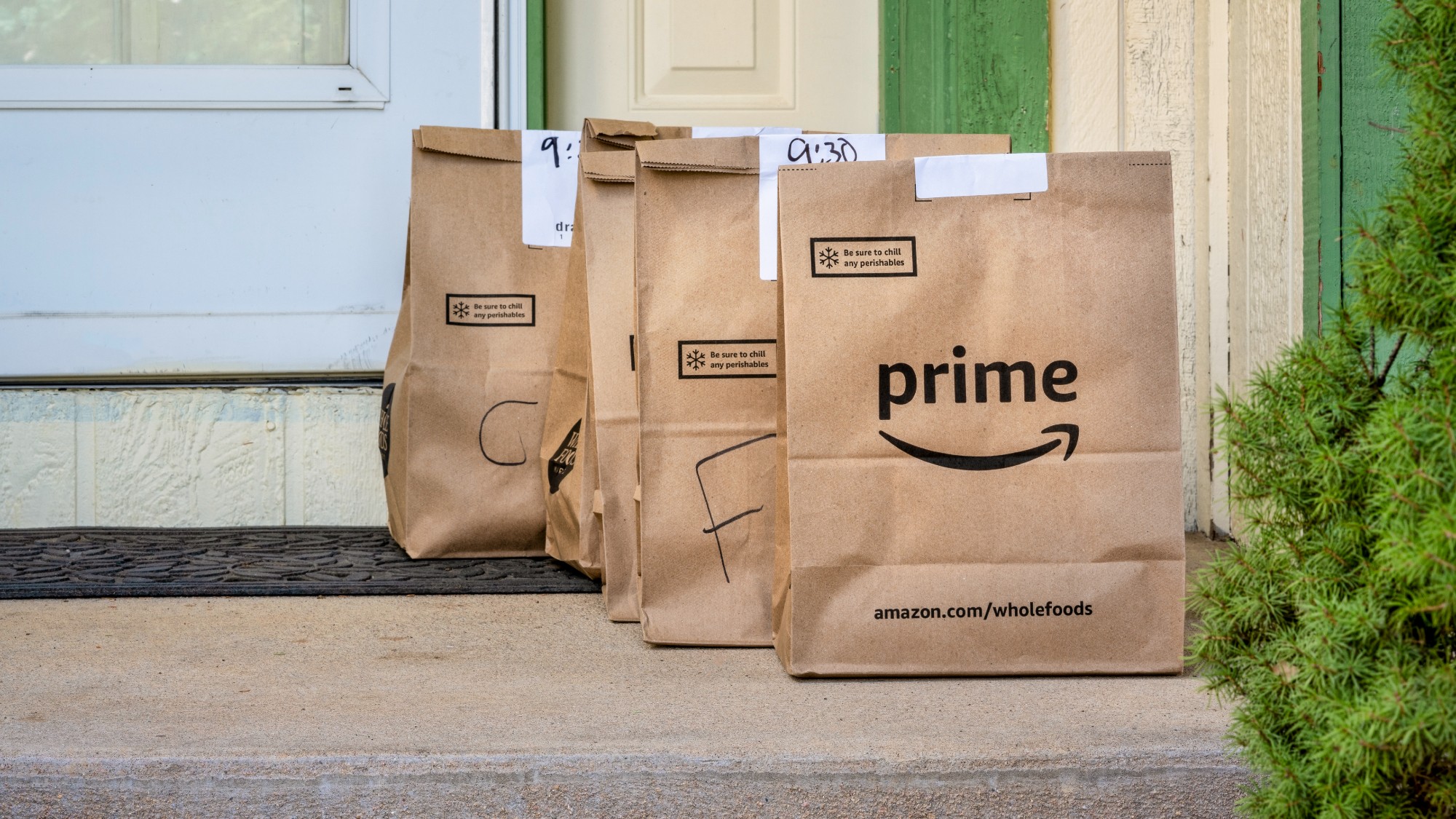 Is Amazon about to take over the grocery business?
Is Amazon about to take over the grocery business?Today's Big Question Expanded delivery will present a challenge to Walmart and Kroger
-
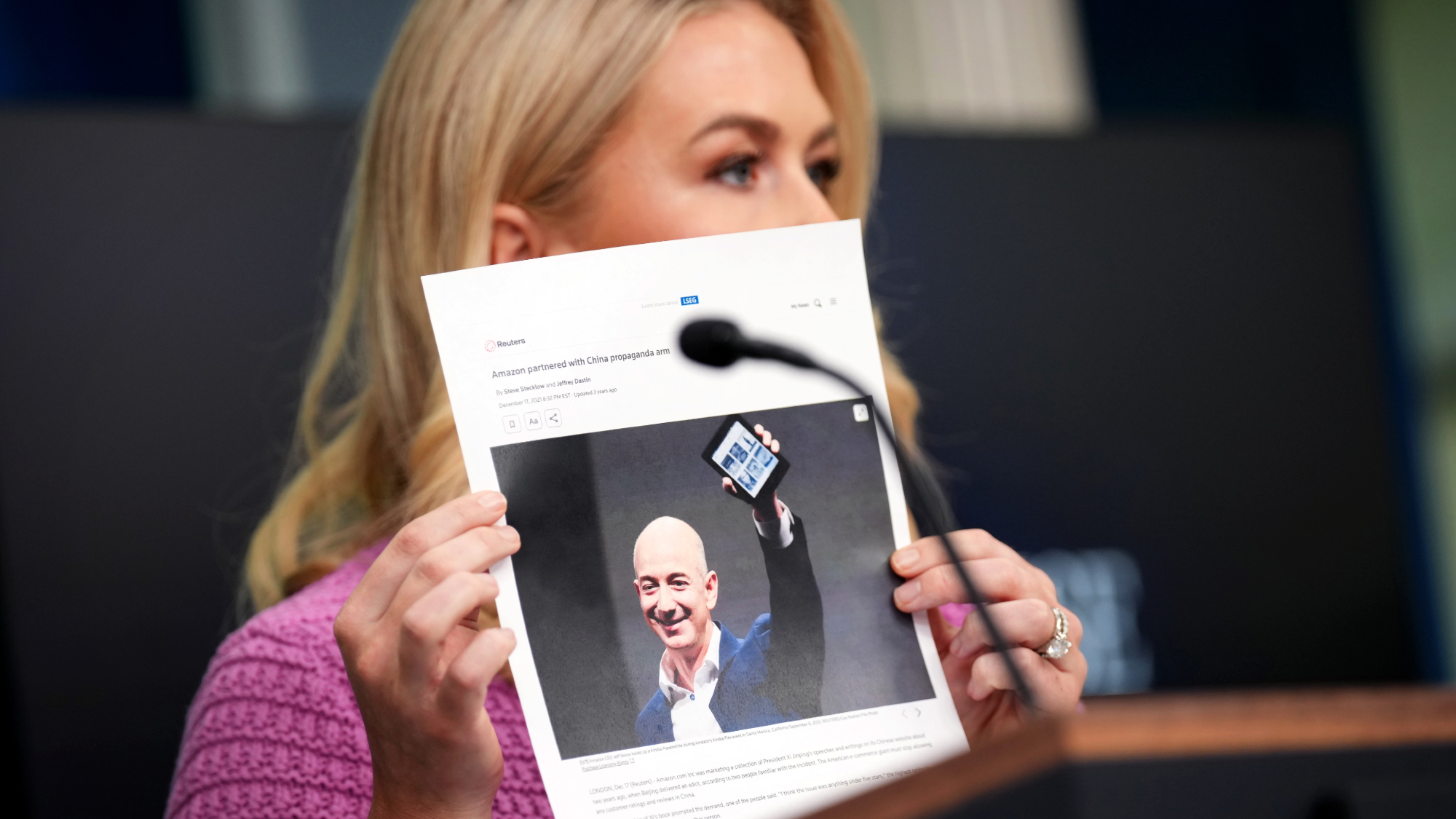 Trump calls Amazon's Bezos over tariff display
Trump calls Amazon's Bezos over tariff displaySpeed Read The president was not happy with reports that Amazon would list the added cost from tariffs alongside product prices
-
 What's Jeff Bezos' net worth?
What's Jeff Bezos' net worth?In Depth The Amazon tycoon and third richest person in the world made his fortune pioneering online retail
-
 Amazon's 'James Bond' deal could mean a new future for 007
Amazon's 'James Bond' deal could mean a new future for 007In the Spotlight The franchise was previously owned by the Broccoli family
-
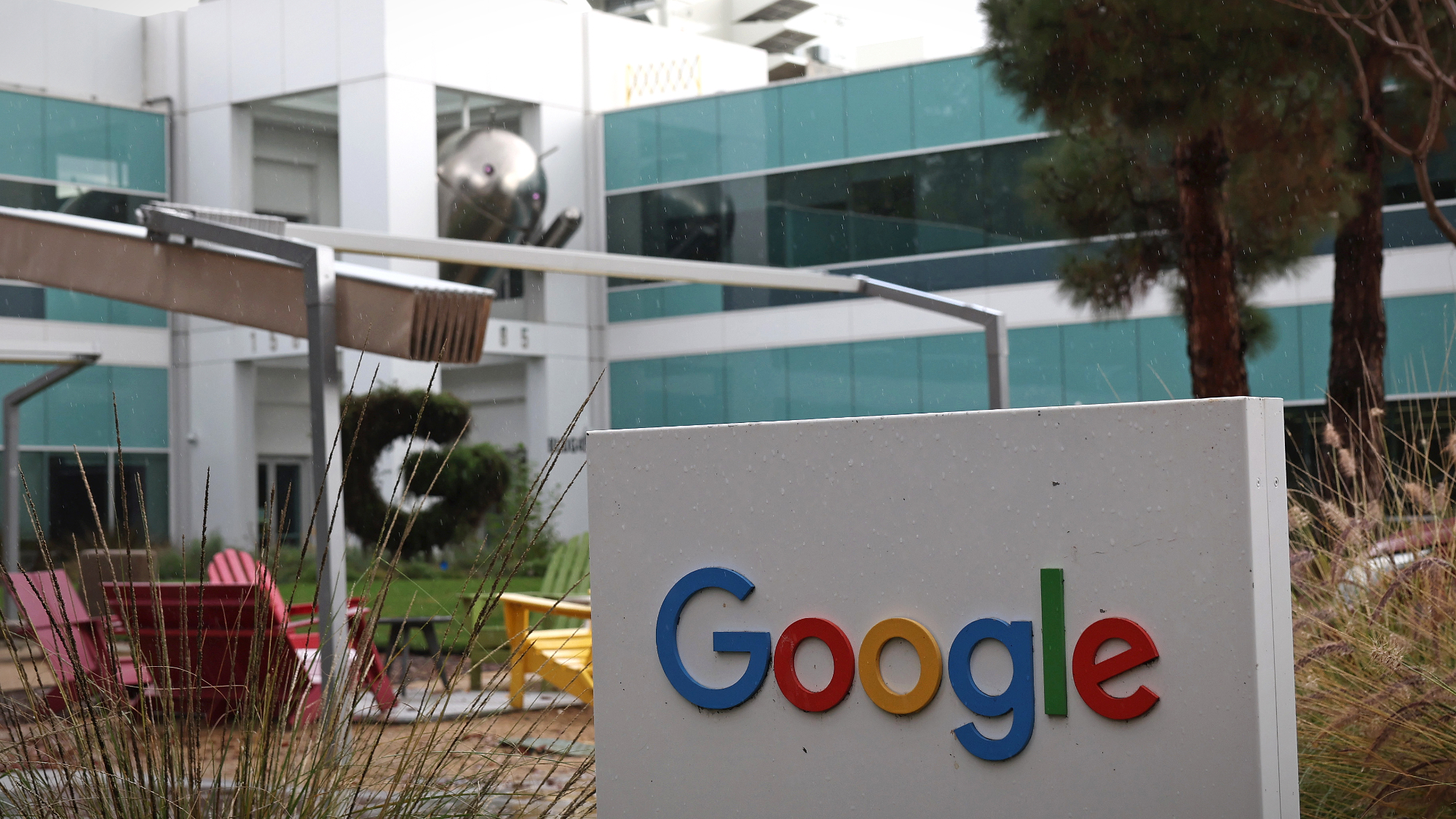 Google loses antitrust suit, declared 'monopolist'
Google loses antitrust suit, declared 'monopolist'Speed Read A federal court has ruled that Google illegally dominated the internet search industry
-
 Britain's new retail returns nightmare
Britain's new retail returns nightmareIn the Spotlight Gen Z influencers and a 'poopy diaper' have shown up fault-lines in the system
-
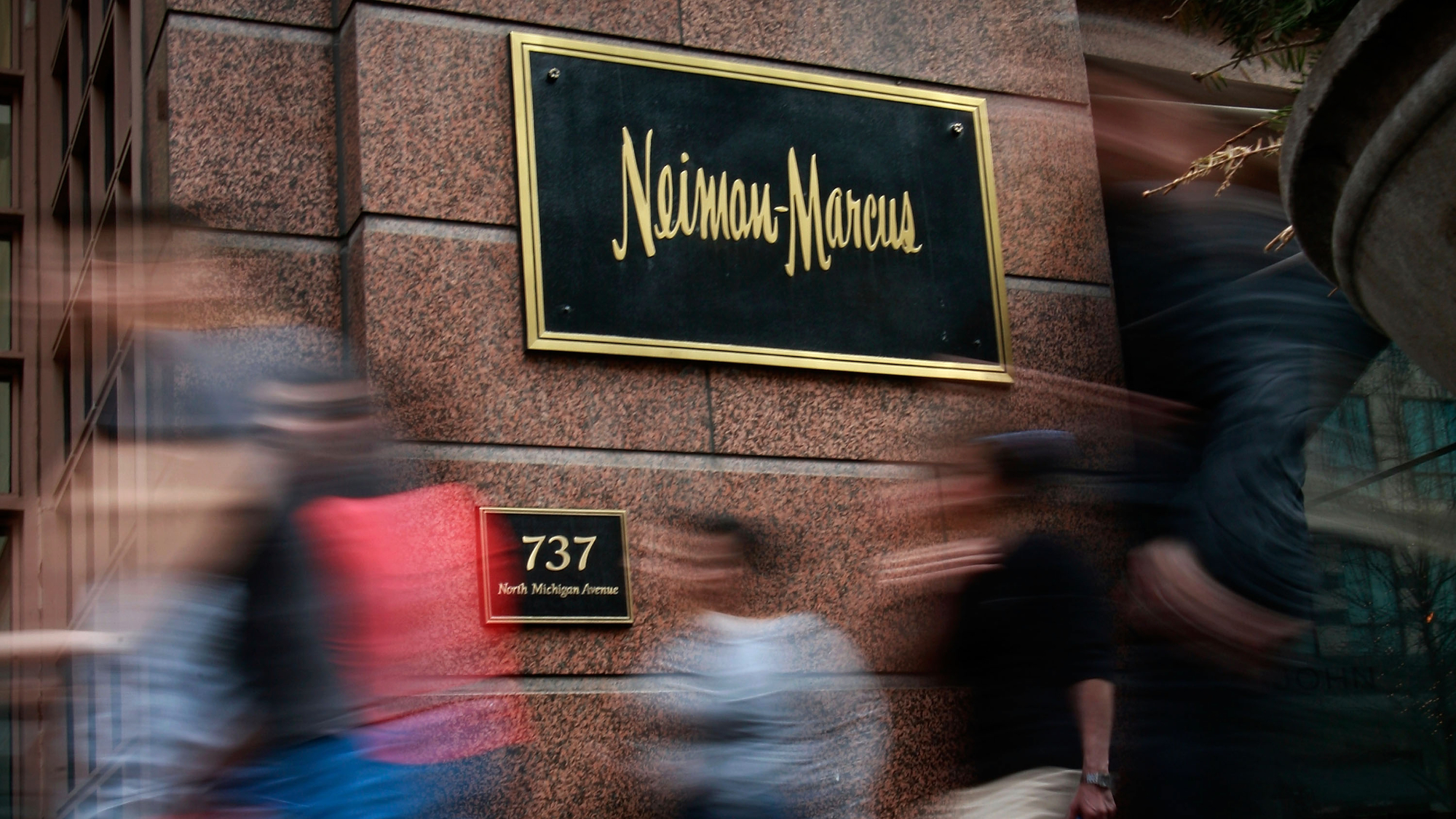 Saks buys Neiman Marcus in $2.65B deal
Saks buys Neiman Marcus in $2.65B dealSpeed Read Following the merger of the two legacy retailers, the new entity will be called Saks Global